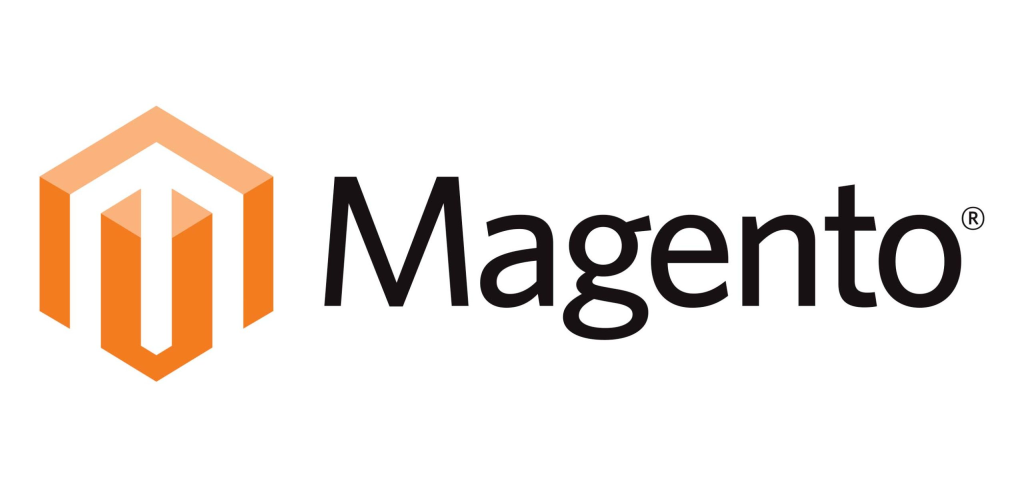CMS stands for Content Management System. It is a software application or a set of related programs that are used to create and manage digital content. A CMS enables users to create, edit, organize, and publish content such as text, images, videos, and documents on a website without requiring advanced technical knowledge or programming skills.

Some common features of CMS platforms include:
- Content creation and editing: Users can create and edit content using a user-friendly interface similar to word processors.
- Content organization: CMS platforms typically provide tools to organize content into categories, tags, or other structures for easy navigation and retrieval.
- User management: CMS systems often include user management features, allowing multiple users with different levels of permissions to contribute and manage content.
- Workflow management: Advanced CMS platforms offer workflow management capabilities, allowing content creators to collaborate, review, and approve content before publication.
- Template-based design: Many CMS platforms use templates or themes to define the website’s design and layout, enabling users to customize the look and feel of their website without coding.
- Plugin or extension support: CMS platforms often support plugins, extensions, or modules that add additional functionality such as e-commerce, social media integration, SEO optimization, and more.
Popular CMS platforms include WordPress, Joomla, Drupal, and Shopify (for e-commerce). These platforms power millions of websites across the internet and cater to a wide range of users, from individual bloggers to large enterprises.
What are the different types of CMS available to create a website?
WordPress

WordPress is a popular open-source Content Management System (CMS) that powers over 40% of websites on the internet. It offers a user-friendly interface for creating, managing, and publishing content without requiring coding knowledge. WordPress provides a vast library of themes and plugins, enabling users to customize their websites according to their needs. It is highly flexible, scalable, and supports various types of websites, from blogs and portfolios to e-commerce stores and corporate websites. With its strong community support, regular updates, and extensive documentation, WordPress remains one of the most accessible and widely used platforms for building websites of all sizes and purposes.
Joomla

Joomla is an open-source Content Management System (CMS) known for its flexibility and scalability. It enables users to create, manage, and publish a wide range of digital content, including websites, blogs, and online applications. Joomla offers a robust set of features, including user management, content organization, and workflow management. It provides a highly customizable platform through its extensive library of templates and extensions, allowing users to tailor their websites to specific needs. Joomla is favored for its ease of use and powerful capabilities, making it suitable for individuals, businesses, and organizations seeking to establish a dynamic online presence.
Drupal

Drupal is a powerful open-source Content Management System (CMS) renowned for its flexibility and scalability. It empowers users to build and manage diverse websites, from personal blogs to enterprise-level applications. Drupal offers a sophisticated array of features, including content creation, user management, and workflow customization. It excels in handling complex data structures and integrating with external systems. With its modular architecture, Drupal enables extensive customization through contributed modules and themes. Known for its robust security and active community support, Drupal remains a top choice for organizations requiring highly customizable and secure web solutions, particularly those with intricate content management needs.
Magento

Magento is a leading open-source e-commerce platform renowned for its robust features and scalability. It empowers businesses to create dynamic online stores with extensive customization options. Magento offers comprehensive tools for managing products, orders, payments, and customer interactions. Its modular architecture facilitates integration with third-party extensions and services, enabling tailored solutions for diverse e-commerce needs. With support for multiple currencies, languages, and payment gateways, Magento caters to global markets effectively. Whether for small businesses or large enterprises, Magento provides a flexible and scalable solution to launch and grow successful online stores. Its active community and robust support ecosystem ensure ongoing innovation and reliability.
Shopify

Shopify is a popular hosted e-commerce platform that empowers businesses to create and manage online stores with ease. It offers a user-friendly interface and a wide range of customizable templates, enabling users to design visually appealing storefronts without requiring coding skills. Shopify provides comprehensive tools for managing products, inventory, orders, and payments, streamlining the e-commerce process. Its integrated marketing features, including SEO optimization and social media integration, help businesses attract and engage customers effectively. With secure hosting, reliable customer support, and scalability to accommodate businesses of all sizes, Shopify remains a preferred choice for entrepreneurs seeking to establish and grow successful online businesses.
